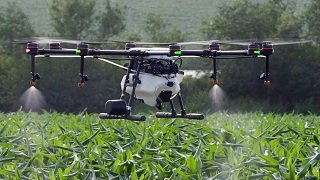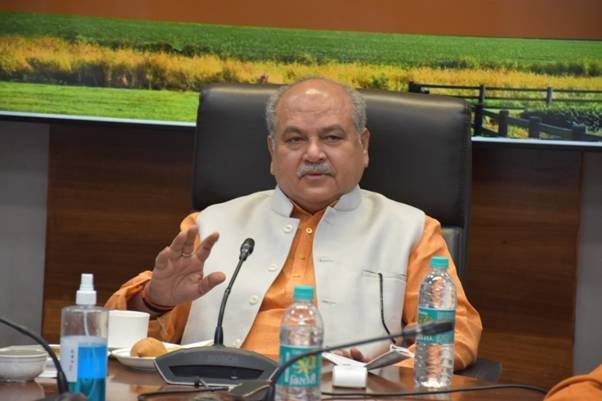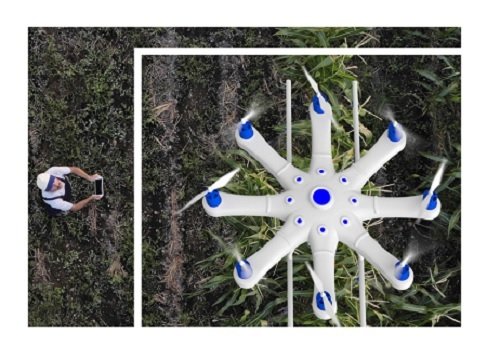Karandlaje stresses need for affordable farming machinery at EIMA Agrimach India 2022
Addressing the seventh International Exhibition and Conference EIMA Agrimach India 2022 in Bengaluru, Shobha Karandlaje, Union Minister of State for Agriculture and Farmers Welfare said that with India becoming a food surplus country, the Indian farmer needs affordable machinery and technologies to expand production and come up with value-added products with export potential,
The three-day conference cum exhibition was inaugurated by Karandlaje, Murugesh R Nirani, minister of large and medium industries, and Muniratna Naidu, minister for horticulture and planning & statistics, Government of Karnataka.
Speaking on the occasion, Karandlije noted that the country’s robust cereals, fruits and vegetable production are at 314 and 334 million metric ton respectively. However, she said, “What the country needs now is affordable and quality food processing, agri-marketing and agri-export avenues.”
Karandlaje encouraged equipment manufacturers and technology developers to manufacture food processing machinery to check the rampant wastage of agriculture and horticulture produce in the absence of value addition. She said that instead of wasting, the food could be exported to nations with limited food production avenues.
During the event, Nirani highlighted that increased efforts were needed for technology improvement, adoption, and exports. In addition, the minister encouraged foreign industry participants to introduce affordable mechanised farming, given the small land holdings in the state.
The other dignitaries who spoke during the conference included K Ullas Kamath, chairman, FICCI Karnataka State Council; TR Kesavan, chairman, FICCI National Agriculture Committee; Alessandro Malavolti, president, FederUnacoma; Shivayogi C Kalasad, secretary to government, agriculture department, Government of Karnataka; Dr S Rajendra Prasad, vice-chancellor, University of Agricultural Sciences, GKVK, and Ravindra Agrawal, chairman, Agriculture Sub-Committee, FICCI Karnataka State Council.
EIMA Agrimach India 2022 has registered participants from more than 40 countries and is expected to witness the presence of over 10000 farmers, industry and foreign delegates, investors, agriculture researchers, and students.
Addressing the seventh International Exhibition and Conference








